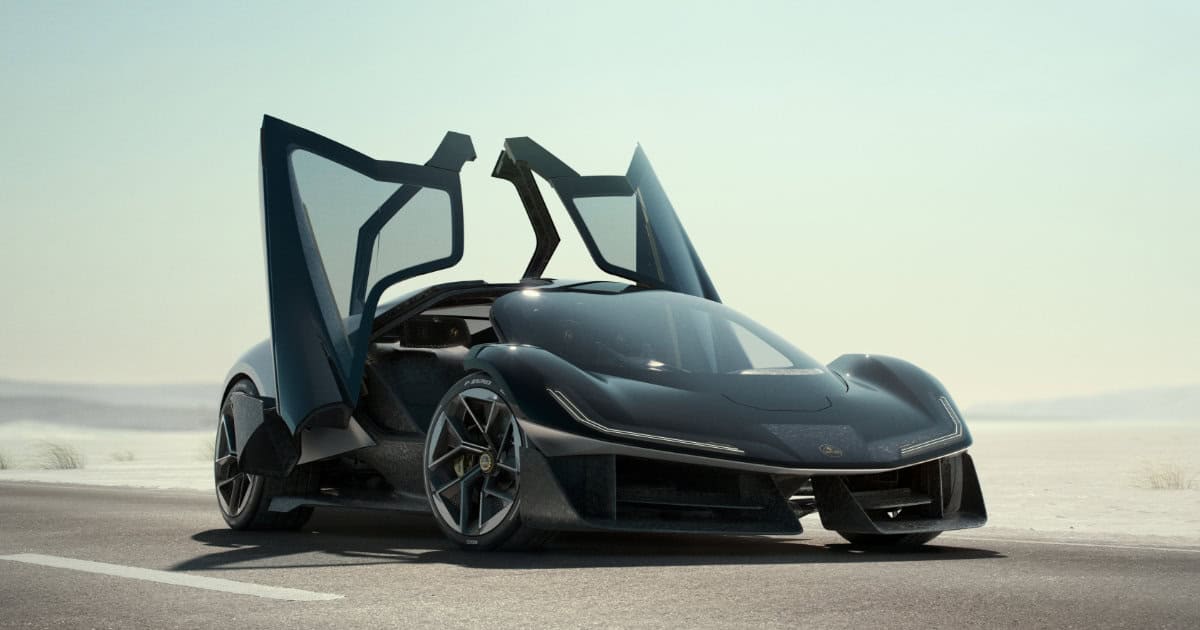On September 17, 2024, amidst much anticipation, Lotus unveiled what might be their most revolutionary vehicle yet: the Theory 1. This concept car isn’t just a nod to Lotus’s storied past, it’s a bold statement on where the future of automotive performance is headed. As a car enthusiast and tech aficionado, I couldn’t be more excited to delve into what makes the Theory 1 not just another electric vehicle (EV), but a beacon of innovation in the automotive world.
The Lotus Theory – More Than Just a Design
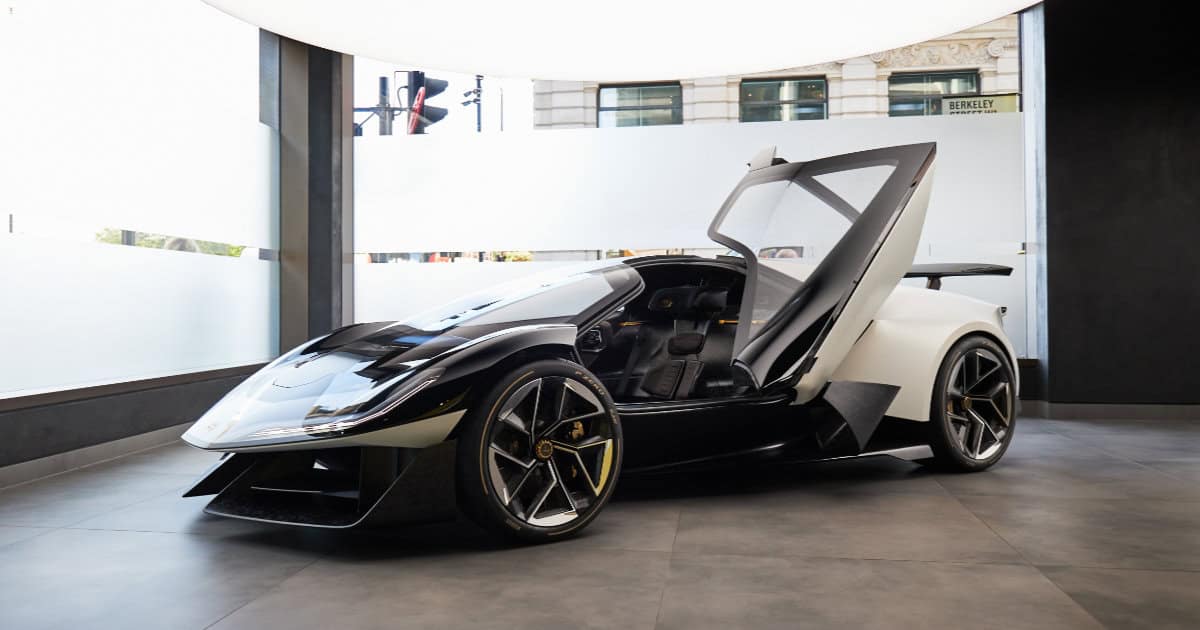
Lotus has introduced ‘The Lotus Theory,’ a design and engineering manifesto that stands on three pillars: Digital, Natural, and Analogue (DNA). This isn’t just about making cars; it’s about crafting experiences. The Digital aspect promises an immersive, intelligent, and intuitive interaction with the car. Natural focuses on emotion-driven, human-centric design, while Analogue ensures that Lotus’s heritage in performance engineering continues to evolve.
A Personalized Driving Experience with LOTUSWEAR
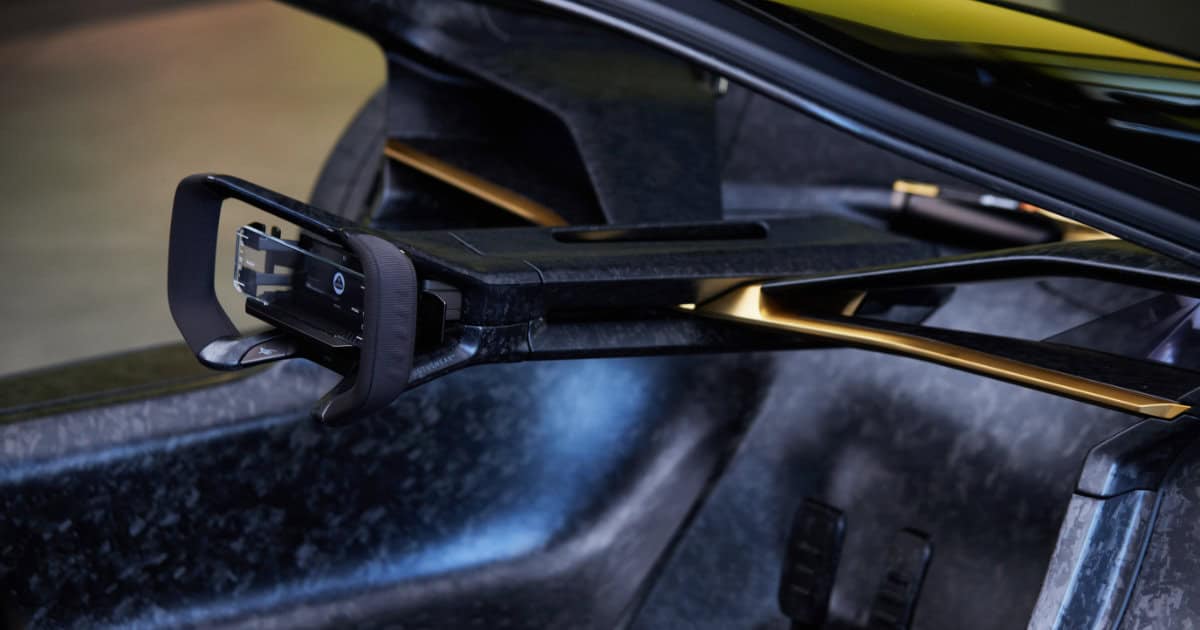
What caught my attention immediately was LOTUSWEAR, Lotus’s proprietary system that aims to personalize the driving experience down to the very fabric of the car. Imagine a car that literally adjusts to you, seats that provide haptic feedback, guiding turns with gentle pulses, or adjusting support based on your driving style. This system, developed in collaboration with MotorSkins, uses adaptive textile technology, making it feel like the car is communicating directly with you. And with the integration of Carbon’s 3D printed lattice structures for headrests, comfort does not come at the expense of weight.
Driving Dynamics and Performance
The Theory 1 isn’t just about comfort, it’s engineered for exhilaration. With a 70 kWh battery powering a twin-motor setup, this car boasts nearly 1,000 horsepower, promising a 0-62 mph sprint in under 2.5 seconds. That’s supercar territory with an electric twist. Lotus isn’t just chasing speed, they’re redefining what it means to drive with features like steer-by-wire technology, offering unparalleled precision and a dynamic driving experience.
Sustainability Meets Performance
Lotus has taken a commendable step towards sustainability with the “Challenge of 10,” aiming to use only ten main materials for the car’s A-surface. This approach not only reduces environmental impact but also echoes Lotus’s lightweight philosophy. Materials like recycled carbon fiber and cellulose-based glass fiber show that performance can be green.
A Visual and Auditory Feast
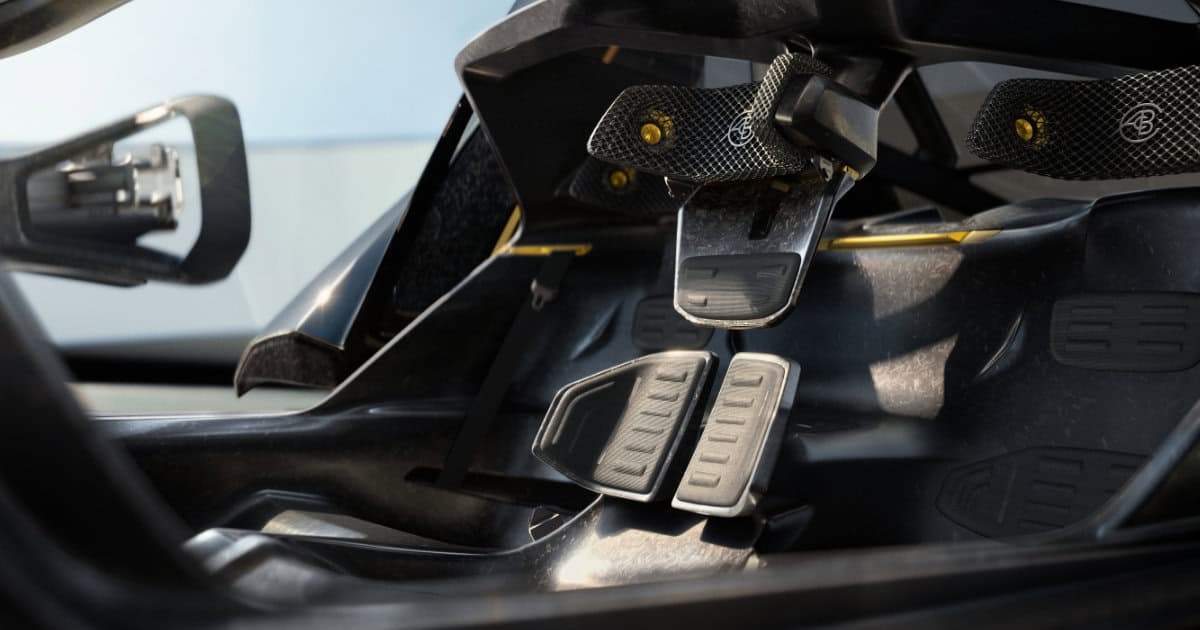
The design of Theory 1 pays homage to Lotus’s classics, especially the Esprit, with its sharp, aerodynamic profile. However, it’s the interior where Lotus truly innovates with a central driving position flanked by two passenger seats, reminiscent of the McLaren F1. The integration of KEF’s binaural audio system within the headrests promises an audio experience that’s as immersive as the drive itself.
The Road Ahead
As I ponder the implications of the Theory 1, it’s clear Lotus isn’t just making another car, they’re setting a benchmark for what future vehicles could be. From the seamless blend of digital and analogue experiences to the commitment to reducing material complexity, Lotus is not only revisiting its roots but also planting new seeds for the future of automotive design.
The Theory 1 might be a concept, but it’s a concept that speaks volumes about where Lotus, and perhaps the industry at large, is headed. It’s a blend of raw emotion, advanced technology, and environmental consciousness, all wrapped up in a package that promises to deliver the ultimate driving experience. Here’s hoping that the spirit of Theory 1 finds its way into production models soon, because, in a world increasingly dominated by electric vehicles, Lotus shows us that the future of driving can be both thrilling and thoughtful.
Frequently Asked Questions About The Lotus Theory 1
The Lotus Theory 1 Electric Supercar is equipped with a 70 kWh battery, offering an estimated range of about 250 miles on a full charge. However, this figure can vary based on driving conditions, style, and the use of the car’s performance features, which might reduce the effective range when driven at high speeds or in a sporty manner.
The Lotus Theory 1 concept boasts impressive performance figures, with the ability to accelerate from 0 to 62 mph (0-100 km/h) in under 2.5 seconds. This rapid acceleration is powered by its dual-motor setup, which provides all-wheel drive and a combined power output close to 1000 horsepower, making it competitive with other high-performance electric supercars.
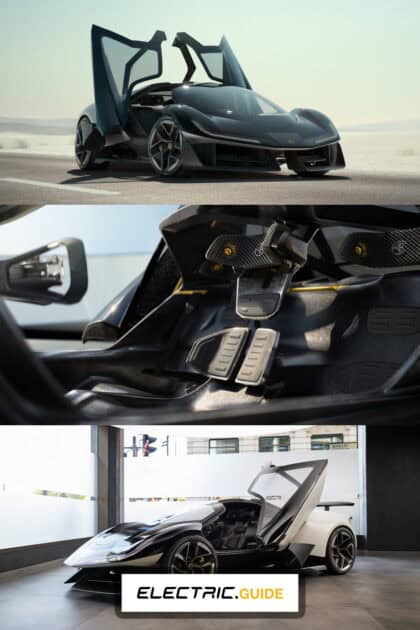
Source
Lotus: Website
